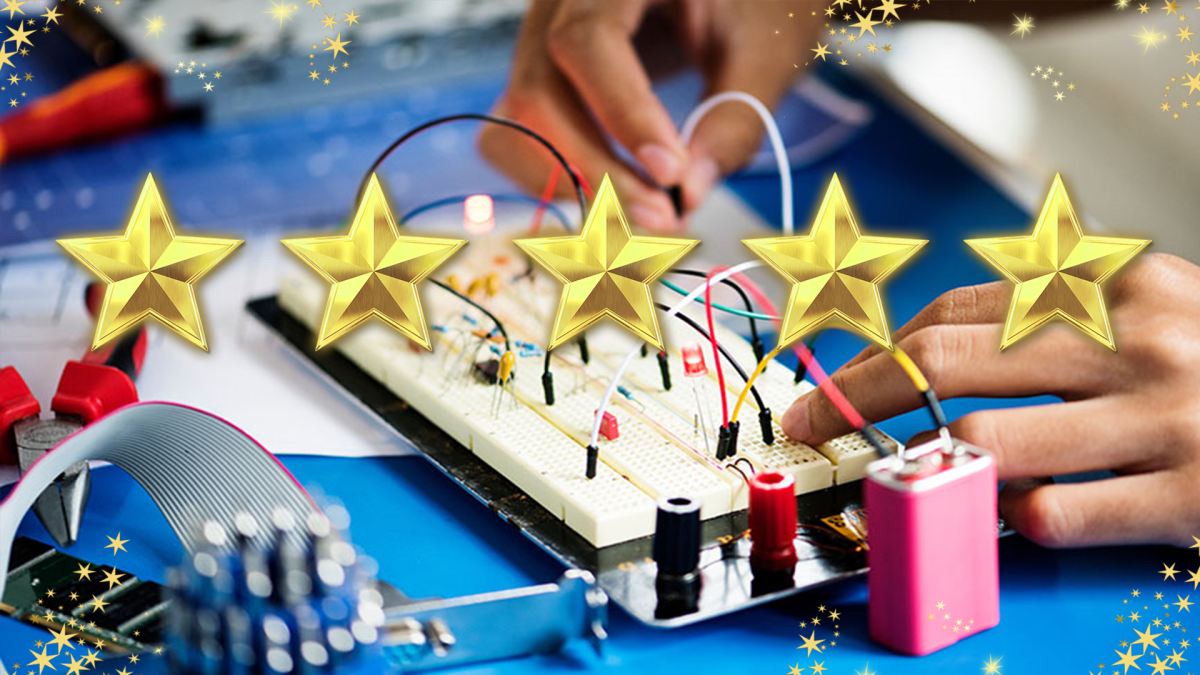With this lesson, students learn how to do simple macroinvertebrates sampling and identification using common resources to determine the environmental health status of perennial streams in Arizona
Students will work in groups to research and ecosystem and create 3D food chains which will then be connected to create a food web. This allows students to work on finding appropriate sources online
This is the second part of this unit on the duff layer in a forest. After learning after duff and its potential impact on forest fires in the last lesson, students will be following the engineering
This lesson gives students a hands-on science and math experience with the duff layer in a ponderosa pine forest. Students will explore a sample to identify what is found in it, measure the width of
This lesson uses a PhET Simulation to allow students to collect data on the orbits of planets around our Sun, then summarize and share their results. It is designed for students in Grades 9-12.
Students will learn about the light sensor on the Circuit Playground Express and how it can be used as an automatic switch to turn a device on or off. They will learn about the thermometer sensor on
Students will learn and recall about the different parts and components of an Adafruit Circuit Playground Express. Students will be able to program an Adafruit Circuit Playground Express
Students will use an understanding of the sun as an energy and heat source to design a device to direct the sun's heat to aid with growing plants. The students will go through the 5 E's and the
Involving themes of biology, ecology, and conservation, this engineering lesson introduces students to the behavior of immersed bodies within the realm of fluid mechanics. Utilizing the phenomena of
Including themes of ecology, physics, and environmental impact; this engineering lesson introduces students to the idea of energy conservation. While using the phenomena of the Klamath River Dam
In this lesson series, students engage with the process of photosynthesis to examine factors that can influence the gases produced. In this lesson, students integrate previous lessons observations
In this lesson series, students engage with the process of photosynthesis through making observations and processing data through the collection and measurement of gases. Students will integrate data
In this lesson series, students will explore the process of photosynthesis by collecting data through measurements. Student previously engaged with an experimental lab setup for gas collection, and
In this lesson, students engage in exploration of making observations of photosynthesis and collect gases associated with the process. In this lesson, students will build experimental set ups and
This lesson introduces the students to the different types of pigments found in plants. At the same time, this lesson plans will also introduce the students to the basics of spectrophotometry
This is a junior high lesson on plant grafting that can be done in a classroom setting or with an after-school club such as botany. This lesson can be easily modified for any grade level. In this
Three day lesson on garbage, recycling, and composting. Day 1: Students are provided a garbage bag and no instruction on recycling. *Collect all of your disposable garbage for 24 hours. Bring it back
Engineers create and use new materials, as well as new combinations of existing materials to design innovative new products and technologies—all based upon the chemical and physical properties of
In this engaging and interactive lesson, students explore adaptation and creative problem-solving. Inspired by "The Great Turkey Race," students will engage in a hands-on engineering lesson to design
Students will go through the process of counting pumpkin seeds and analyzing data through mean, median and mode as well as creating correlating graphs. Students will learn what causes fruit
This lesson is to be used as a follow up activity when learning about the water cycle. Students are able to play a game either digitally or physically to demonstrate their own journey through the
This is a smaller part of a larger Digital Citizenship Unit. Students will spend time understanding the concept of a Digital Footprint and the long term consequences of a negative Digital Footprint
In this lesson, students will extract chlorophyll from spinach leaves and make different concentrations following the dilution method. Students will learn to compare the absorbance values obtained at
In this lesson, students will explore the different pigments in green plants using spinach leaves. Students will identify the pigments by doing a lab using paper chromatography. They will observe the
Featured Lesson Plans
Check out these notable lesson plans.

A Shocking Dystopia: STEM Adventures in The City of Ember Part 2 of 4: A Way to See in the Dark
This lesson is PART 2 of a four-lesson unit, which focuses on futures thinking, the phenomenon of electricity, closed-system agriculture, and water as a renewable energy resource. “The City of Ember”

A Shocking Dystopia: STEM Adventures in The City of Ember Part 1 of 4: Blackout! Community Circuits
This lesson is PART 1 of a four-lesson unit, which focuses on futures thinking, the phenomenon of electricity, closed-system agriculture, and water as a renewable energy resource. “The City of Ember”

Students will be able to collaboratively build, and program a simple robot using Lego Spike Prime kits. Students will demonstrate basic skills in robotics and coding by successfully constructing their
